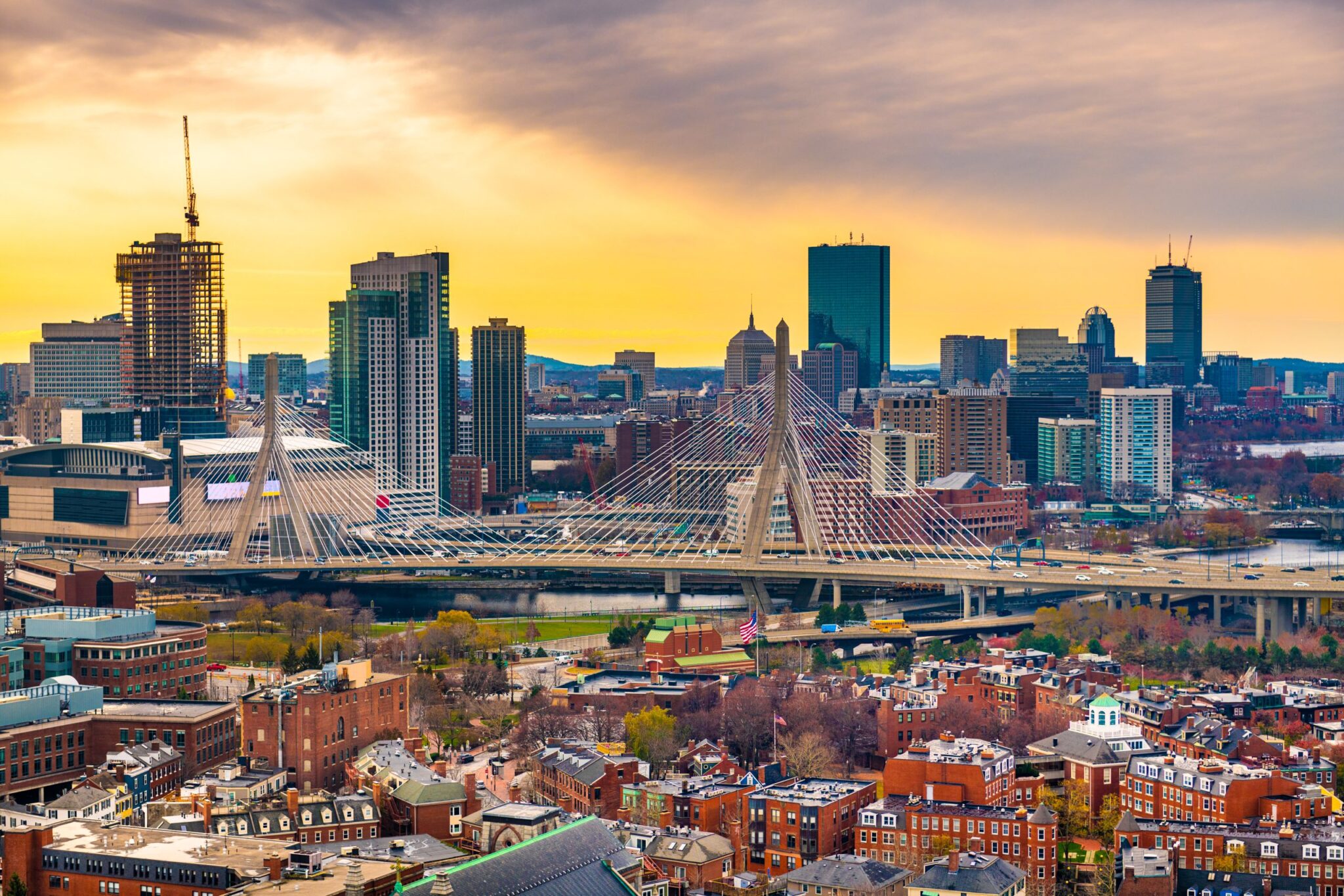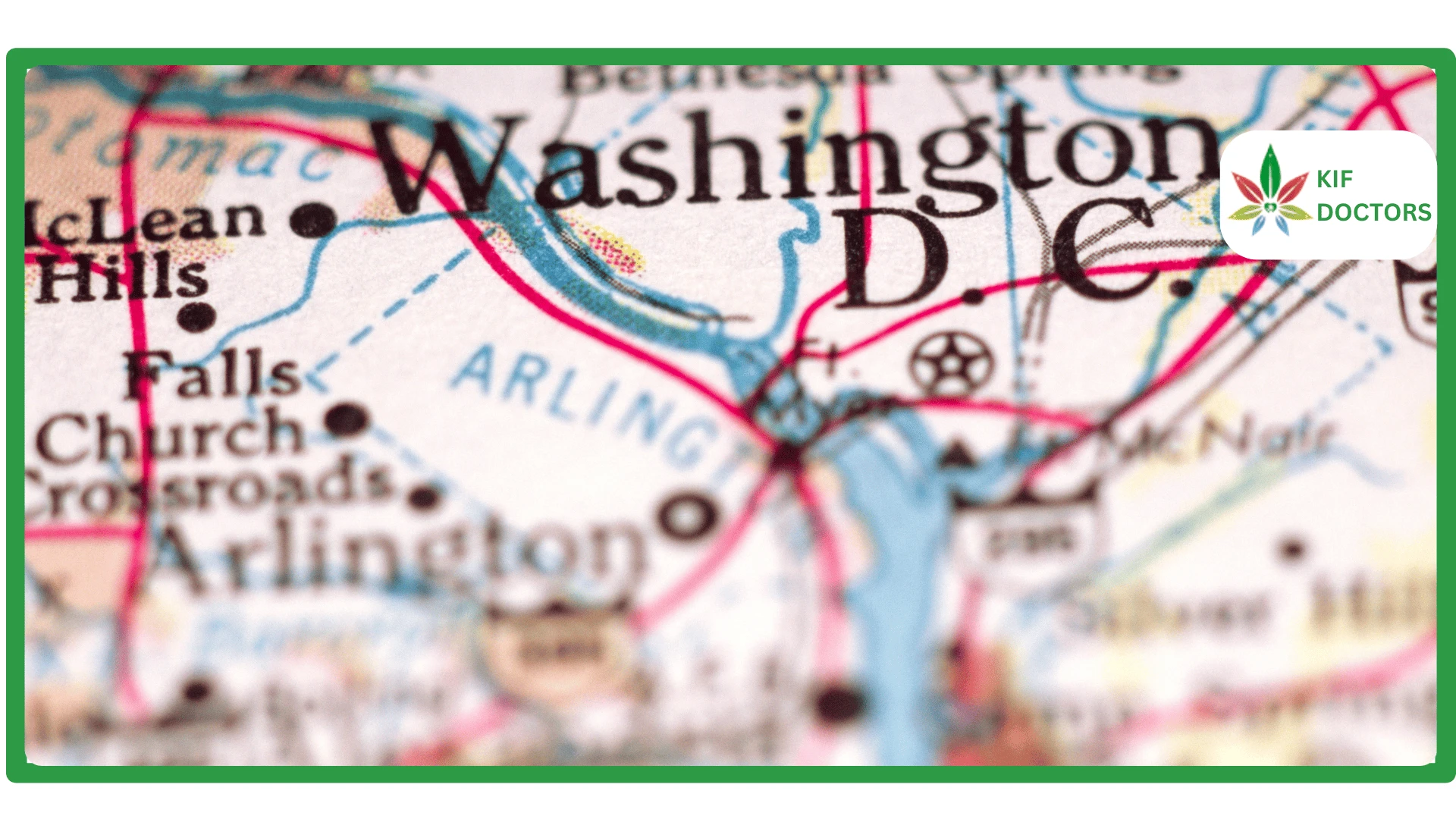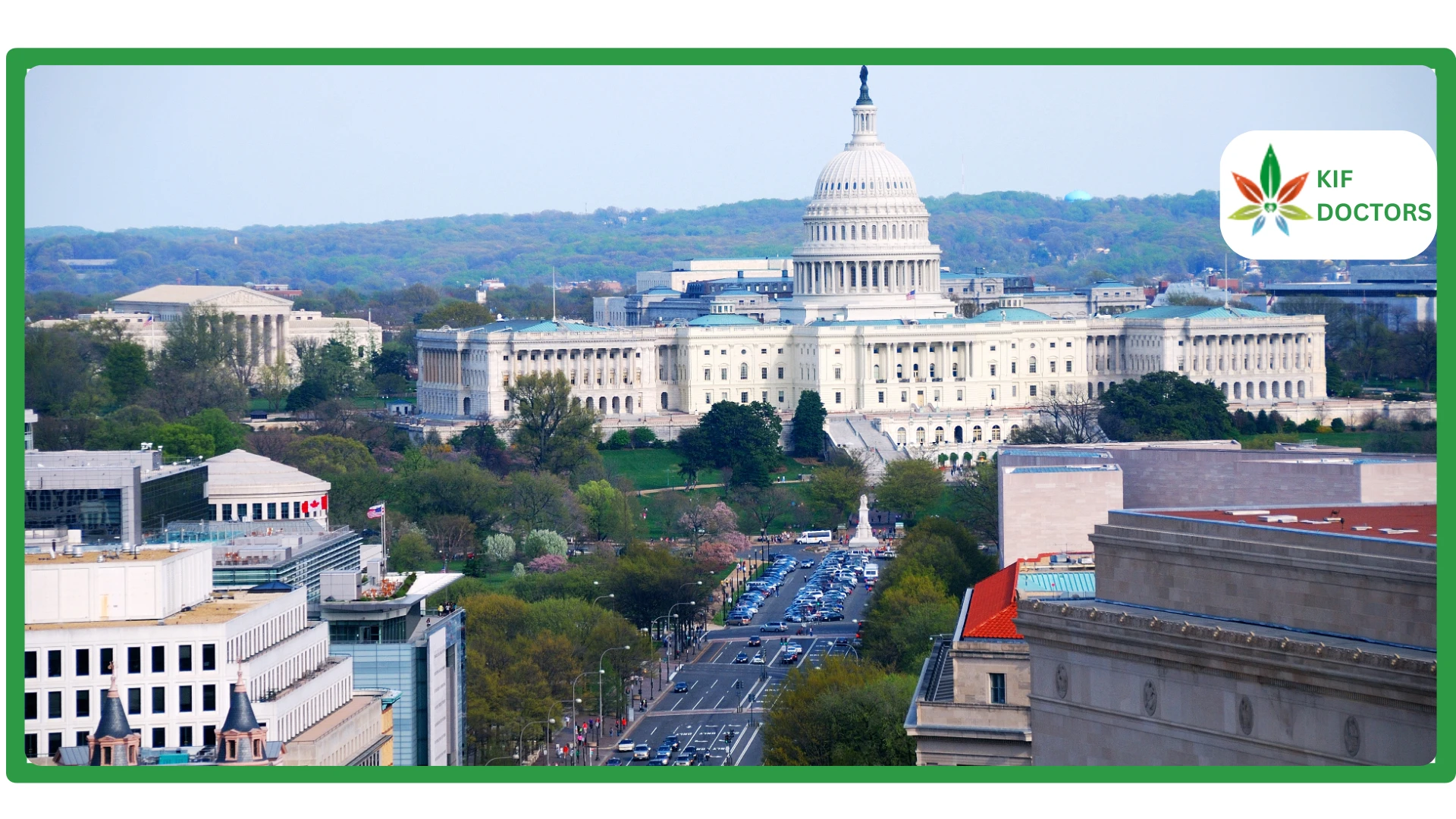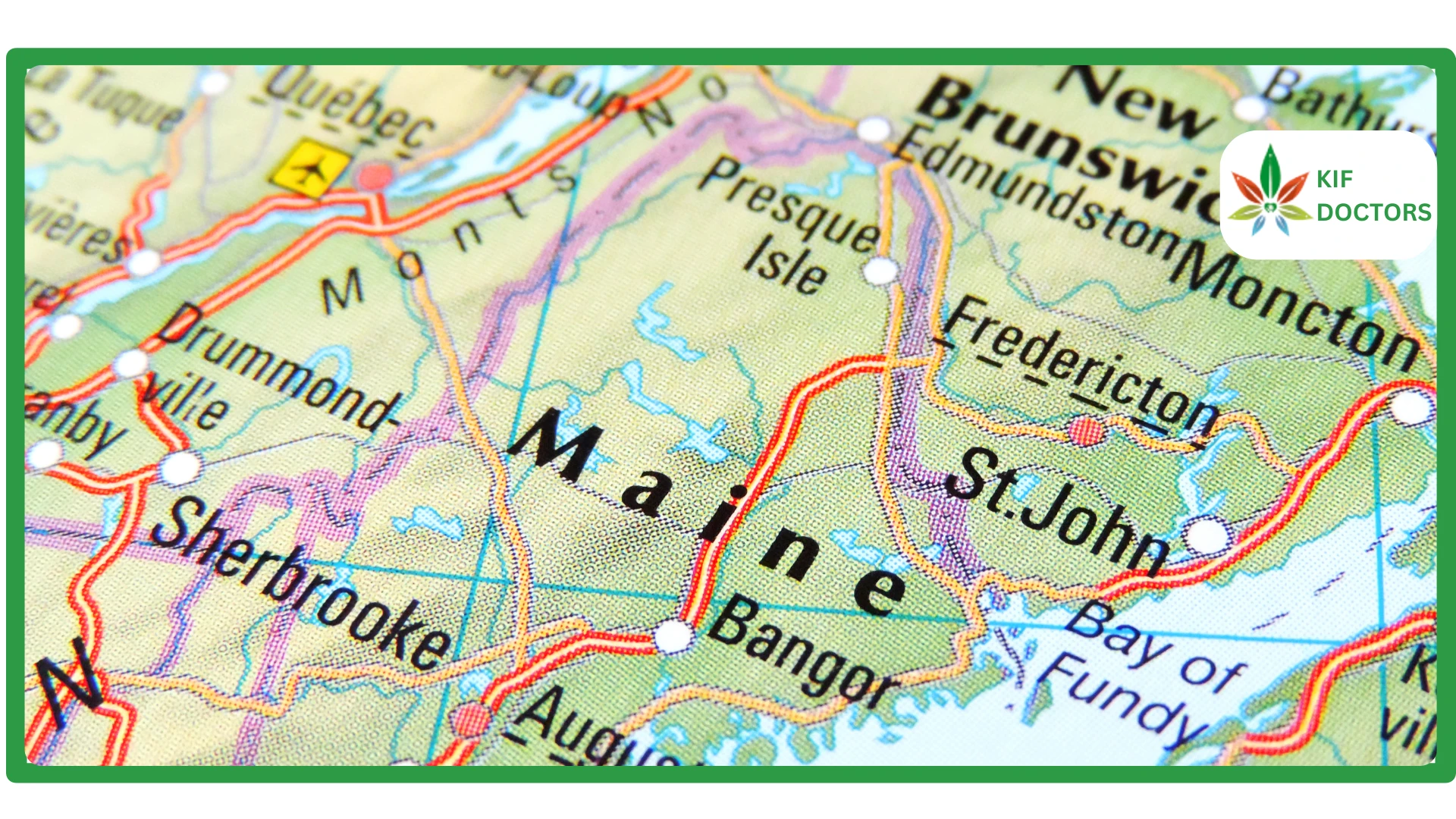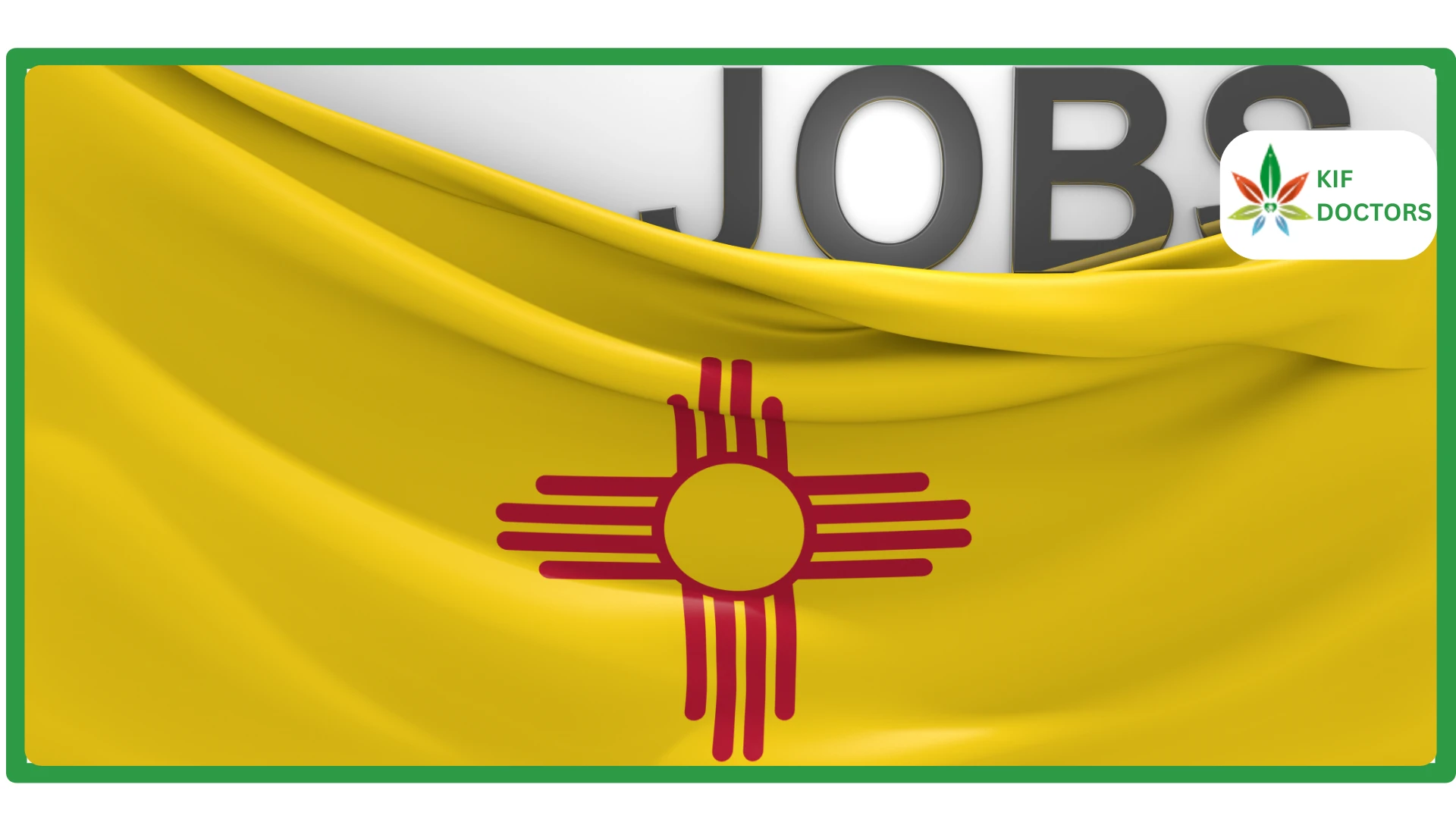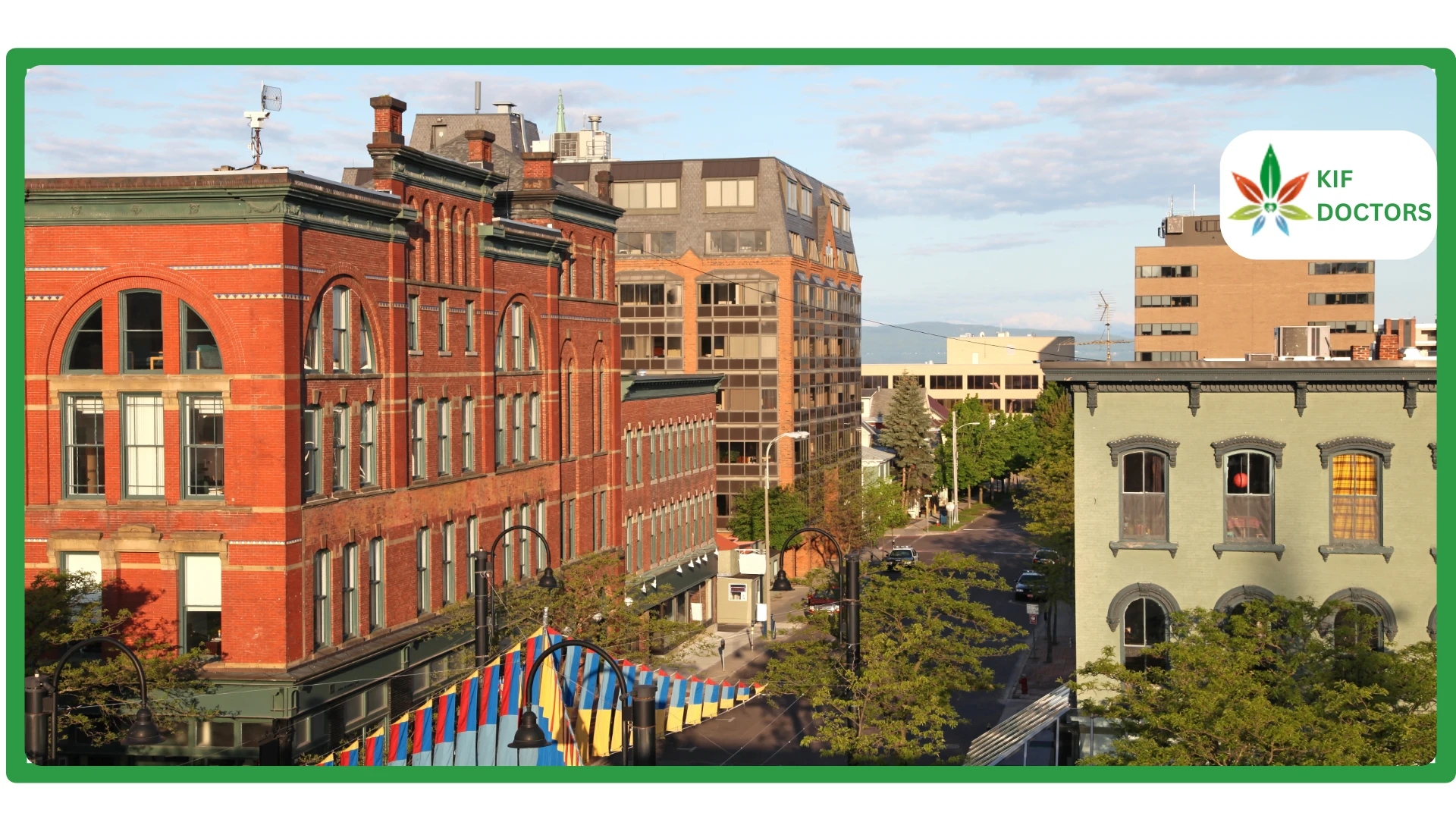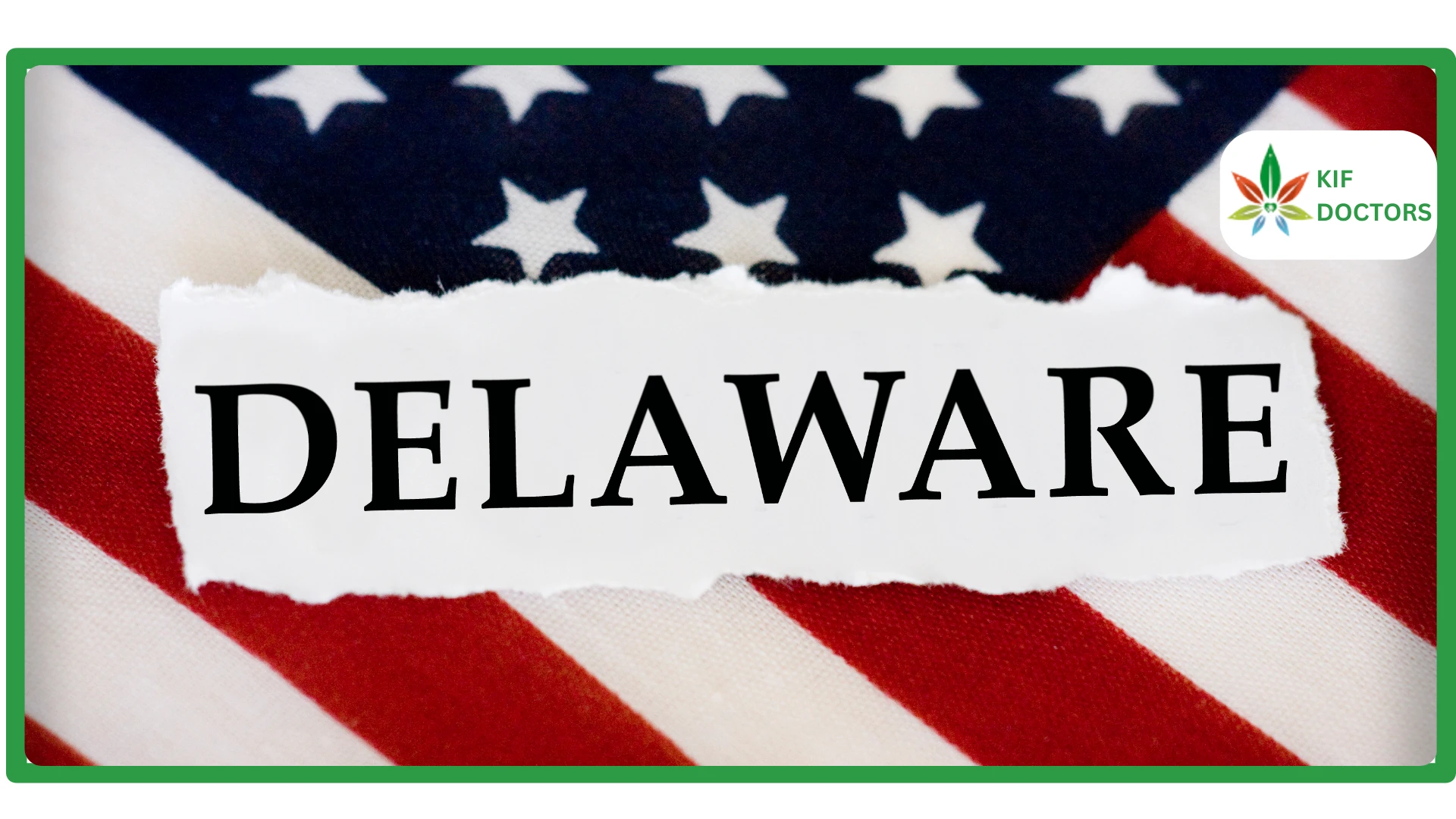Virginia’s medical marijuana program has opened doors for residents seeking alternative treatments for a range of health conditions. With the state’s evolving cannabis laws, navigating the process of obtaining a medical marijuana card and understanding what’s allowed can feel daunting. This comprehensive guide breaks down everything you need to know about Virginia’s medical cannabis program, from eligibility and the application process to purchasing products and staying compliant with state regulations. Whether you’re a patient exploring options or a caregiver assisting a loved one, this article provides clear, up-to-date information to help you make informed decisions.
The Evolution of Medical Marijuana in Virginia
Virginia’s journey with medical marijuana began in 1979, when the state passed a law allowing doctors to prescribe cannabis for glaucoma and cancer-related symptoms. Over the decades, the program expanded significantly. A pivotal moment came in 2015, when legislation permitted the use of CBD and THCA oils for intractable epilepsy. By 2018, the state broadened access, allowing physicians to recommend medical cannabis for any condition they deemed appropriate, removing the need for a specific list of qualifying conditions.
In 2021, Virginia took a historic step by legalizing recreational marijuana for adults 21 and older through the Cannabis Control Act, though retail sales for recreational use are not yet operational due to regulatory delays. The medical program, however, remains robust, regulated by the Virginia Cannabis Control Authority (CCA) since January 1, 2024, after transitioning from the Board of Pharmacy. Today, Virginia’s medical cannabis program serves over 104,000 registered patients, offering access to a variety of products through licensed dispensaries across the state.
Who Qualifies for a Medical Marijuana Card in Virginia?
Unlike many states that limit medical cannabis to specific conditions, Virginia’s program is notably flexible. Any patient with a diagnosed condition or disease that a registered practitioner believes could benefit from cannabis is eligible. This broad approach allows doctors to recommend cannabis for a wide range of issues, from chronic pain and anxiety to more complex conditions like epilepsy or PTSD.
Common conditions that practitioners certify for medical cannabis include:
- Chronic pain, especially when other treatments like opioids have failed
- Anxiety or other psychiatric disorders
- Cancer-related symptoms, such as nausea or pain
- Neurological conditions like multiple sclerosis or Parkinson’s disease
- Seizure disorders, including epilepsy
- Post-traumatic stress disorder (PTSD)
Minors under 18 can also qualify, but they require a parent or legal guardian to act as a registered caregiver. Virginia residency is a key requirement, and patients must provide proof, such as a driver’s license, state ID, or utility bill. Out-of-state medical cannabis cards are not recognized in Virginia, ensuring the program is tailored to residents.
How to Get a Medical Marijuana Card in Virginia
Obtaining a medical marijuana card in Virginia is straightforward, thanks to recent legislative changes that simplified the process. As of July 1, 2022, patients are no longer required to register with the state to access dispensaries, though voluntary registration is available for those who prefer a physical or digital card. Here’s a step-by-step guide to getting certified and, if desired, registered:
- Consult a Registered Practitioner: Schedule an appointment with a Virginia-licensed healthcare provider, such as a physician, nurse practitioner, or physician assistant, registered with the Virginia Cannabis Control Authority. Many providers offer telemedicine appointments, making it convenient to get certified from home. During the consultation, discuss your medical condition and whether cannabis could help. If approved, the practitioner will issue a written certification, which is the key document needed to purchase medical cannabis.
- Gather Required Documents: To purchase cannabis, you’ll need your written certification and a valid government-issued ID, such as a Virginia driver’s license, passport, or military ID. If you opt for voluntary registration, you’ll also need proof of residency and, for minors, a caregiver’s registration.
- Optional Registration with the CCA: While not mandatory, registering with the Virginia Cannabis Control Authority provides a digital or physical card for $50 annually. To register, visit the CCA’s medical cannabis patient portal, upload your certification, ID, and proof of residency, and pay the fee. Approval typically takes 10 days, and you’ll receive a digital card via email or a physical card by mail if requested.
- Visit a Dispensary: With your certification and ID (or registered card), you can purchase medical cannabis from any of Virginia’s 23 licensed dispensaries. Popular chains include Beyond Hello, RISE, and Cannabist, with locations in cities like Alexandria, Richmond, and Virginia Beach.
For a seamless experience, services like Kif Doctors connect patients with certified practitioners for online evaluations. I always recommend going for a Medical Marijuana Card Online Instantly to streamline the process and ensure quick access to dispensaries.
Caregivers, such as parents of minors or those assisting incapacitated adults, can also register to purchase cannabis on behalf of patients. They must provide similar documentation and may serve up to two patients at a time.
Costs and Renewals
The cost of obtaining a medical marijuana certification varies depending on the provider, typically ranging from $99 to $149 for an evaluation. The optional CCA registration fee is $50 per year. Certifications and cards must be renewed annually, requiring a follow-up appointment with a practitioner to re-evaluate your condition. If you’ve registered, log into the CCA patient portal to upload your new certification and pay the renewal fee.
What Products Are Available?
Virginia’s medical cannabis program offers a diverse range of products to suit different patient needs. These are produced by five state-licensed pharmaceutical processors and sold through their dispensaries or additional cannabis dispensing facilities. Available products include:
- Capsules and tablets
- Oils and tinctures
- Topicals, such as creams and gels
- Edibles, like gummies and lozenges
- Inhalation products, including vape cartridges
- Botanical cannabis (flower), up to 4 ounces per 30 days
Products are regulated to ensure safety, with a maximum of 10 milligrams of THC per dose for most items. Patients can purchase up to a 90-day supply, as determined by a pharmacist in consultation with the patient, though flower is capped at 4 ounces per 30 days. Dispensaries often provide guidance on dosing and product selection, helping patients find the right option for their condition.
Where to Buy Medical Cannabis in Virginia
Virginia has 23 licensed dispensaries spread across the state, ensuring access for most residents. Some key locations include:
- RISE Dispensaries: Abingdon, Bristol, Christiansburg, Danville, Lynchburg, Salem
- Beyond Hello: Alexandria, Arlington, Fairfax, Manassas, Sterling, Woodbridge
- Cannabist: Carytown, Hampton, Norfolk, Portsmouth, Suffolk, Virginia Beach, Williamsburg
Patients must present their written certification (electronic or printed) and a valid ID at the dispensary. Pre-registering with a dispensary can reduce wait times, as staff verify your certification and enter your details into their system. Dispensaries adhere to strict safety standards, ensuring products are tested for purity and potency.
Legal Protections and Limitations
Virginia’s medical cannabis program offers several legal protections for patients. Since July 1, 2021, employers cannot discipline or discriminate against employees for lawful medical cannabis use outside of work, provided they have a valid certification. This protection is particularly valuable for patients concerned about workplace repercussions.
However, there are important limitations to understand:
- Public Use: Consuming cannabis in public places, such as parks, streets, or restaurants, is illegal and can result in fines.
- Driving: Driving under the influence of cannabis is prohibited, and an “open container” of marijuana in a vehicle (e.g., a jar or bag) can lead to a misdemeanor charge.
- Federal Law: Cannabis remains a Schedule I substance under federal law, meaning it’s illegal on federal properties, including VA medical centers. The U.S. Department of Veterans Affairs cannot recommend or prescribe cannabis, though veterans won’t lose benefits for participating in the state program.
- Interstate Travel: Transporting cannabis across state lines is illegal, even to states where it’s legal. Other states may honor Virginia’s certification, but you must check their regulations.
Patients should store cannabis in a closed container, preferably in their trunk, when transporting it, and avoid keeping large quantities in vehicles to minimize legal risks.
Home Cultivation: A Legal Option
Since July 1, 2021, Virginia adults 21 and older, including medical patients, can legally grow up to four cannabis plants per household for personal use. This option is appealing for those who want to control their supply or reduce costs. Key rules for home cultivation include:
- Plants must be grown in a secure, private location, such as indoors or in a locked greenhouse, out of public view.
- Each plant must be tagged with the grower’s name, ID number, and a note indicating it’s for personal use.
- Only four plants are allowed per household, not per person.
Home cultivation requires careful adherence to these regulations to avoid penalties, but it offers patients an alternative to dispensary purchases.
The Future of Cannabis in Virginia
Virginia’s cannabis landscape is dynamic, with ongoing debates about expanding access. While recreational marijuana is legal for possession and cultivation, the lack of a retail market—due to Governor Youngkin’s veto of a sales bill—means medical patients have exclusive access to dispensaries for now. The Virginia Cannabis Control Authority is working to establish a regulatory framework for recreational sales, potentially starting in late 2025, but progress is uncertain.
Advocates push for broader access, citing the program’s success in serving patients and the potential for tax revenue from recreational sales. Critics, however, raise concerns about public health and safety, particularly regarding unregulated hemp products like delta-8 THC, which prompted stricter regulations in 2023. For now, the medical program remains a reliable option for Virginians seeking cannabis for therapeutic purposes.
FAQs About Medical Marijuana in Virginia
Do I need a medical marijuana card to buy cannabis in Virginia?
No, a medical marijuana card is optional since July 1, 2022. A written certification from a registered practitioner and a valid ID are sufficient to purchase cannabis at dispensaries. However, you can register with the CCA for a card if preferred.
What conditions qualify for medical cannabis?
Virginia doesn’t have a specific list of qualifying conditions. Any diagnosed condition or disease that a practitioner believes could benefit from cannabis qualifies, such as chronic pain, anxiety, or epilepsy.
Can minors use medical cannabis?
Yes, minors under 18 can use medical cannabis with a parent or legal guardian acting as a registered caregiver. The caregiver must obtain a certification and may need to register with the CCA.
Is medical cannabis covered by insurance?
No, health insurers in Virginia are not required to cover medical cannabis costs, as it’s not FDA-approved. Patients must pay out of pocket for certifications, registration, and products.
Can I grow my own cannabis?
Yes, adults 21 and older can grow up to four cannabis plants per household for personal use, provided they follow state regulations, such as tagging plants and keeping them out of public view.
Conclusion
Virginia’s medical marijuana program offers a accessible pathway for residents seeking relief from a variety of health conditions. With a flexible eligibility process, a range of products, and legal protections, the program empowers patients to explore cannabis as a treatment option. By obtaining a written certification, and optionally registering for a card, Virginians can access regulated dispensaries and even grow their own plants. While the state’s recreational market is still developing, the medical program provides a reliable and well-regulated system for those in need. Stay informed about Virginia’s evolving cannabis laws by visiting trusted resources like the Virginia Cannabis Control Authority or reputable news outlets like Cardinal News to ensure compliance and make the most of the program.
 Since 2021, Kif offers a streamlined platform to get a medical marijuana card online. We have served more than 45K patients across the United States. Sign Up Now to get the right to use medical cannabis for your health condition without any delay.
Since 2021, Kif offers a streamlined platform to get a medical marijuana card online. We have served more than 45K patients across the United States. Sign Up Now to get the right to use medical cannabis for your health condition without any delay.















